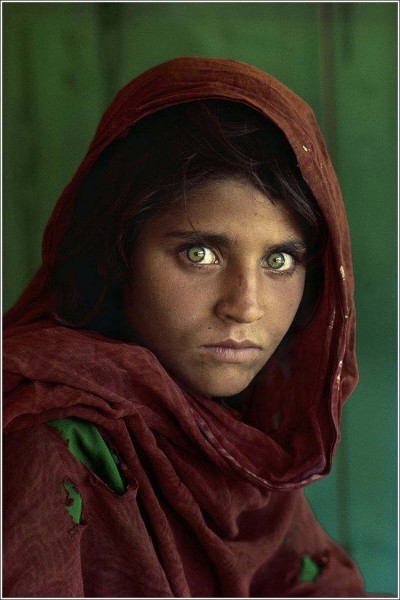When Chomsky Wept
The Article: When Chomsky Wept by Fred Branfman in Salon.
The Text: Forty-two years ago I had an unusual experience. I became friendly with a guy named Noam Chomsky. I came to know him as a human being before becoming fully aware of his fame and the impact of his work. I have often thought of this experience since — both because of the insights it gave me into him and, more important, the deep trouble in which our nation and world find themselves today. His foremost contribution for me has been his constant focus on how U.S. leaders treat so many of the world’s population as “unpeople,” either exploiting them economically or engaging in war-making, which has murdered, maimed or made homeless over 20 million people since the end of World War II (over 5 million in Iraq and 16 million in Indochina according to official U.S. government statistics).
Our friendship was forged over concern for some of these “unpeople” when he visited Laos in February 1970. I had been living in a Lao village outside the capital city of Vientiane for three years at that point and spoke Laotian. But five months earlier I had been shocked to my core when I interviewed the first Lao refugees brought down to Vientiane from the Plain of Jars in northern Laos, which had been controlled by the communist Pathet Lao since 1964. I had discovered to my horror that U.S. executive branch leaders had been clandestinely bombing these peaceful villagers for five-and-a-half years, driving tens of thousands underground and into caves, where they had been forced to live like animals.
I had learned of countless grandmothers burned alive by napalm, countless children buried alive by 500-pound bombs, parents shredded by anti-personnel bombs. I had felt pellets from these bombs still in the bodies of the refugees lucky enough to escape, interviewed people blinded by the bombing, seen napalm wounds on the bodies of infants. I had also learned that the U.S. bombing of the Plain of Jars had turned a 700-year-old civilization of some 200,000 people into a wasteland, and that its main victims were the old people, parents and children who had to remain near the villages — not the communist soldiers who could move through the heavily carpeted forests, largely undetectable from the air. And I had soon also discovered that U.S. Eexecutive branch leaders had conducted this bombing unilaterally, without even informing, let alone obtaining the consent of, Congress or the American people. And I realized that these devastated Plain of Jars refugees were the lucky ones. They had survived. U.S. bombing of hundreds of thousands of other innocent Lao was not only continuing but escalating.












